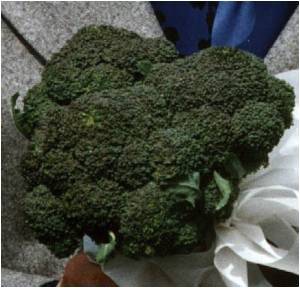A new study has pointed out the manner in which two proteins fuse together to trigger growth of cancer.

NIK then splits into two, a process called cleavage, and consequently acts like a renegade protein, making cancer cells that grow, spread and resist traditional treatments.
The researchers, led by a husband and wife team, Linda McAllister-Lucas and Peter C. Lucas, coordinated an international effort that included contributions from laboratories in Great Britain and Belgium.
The API2-MALT1 fusion protein appears 30 percent to 40 percent of the time in a type of B-cell lymphoma called mucosa-associated lymphoid tissue, or MALT, lymphoma. It's never seen in any other cells.
"NIK is a critical hub that's been implicated in other B-cell cancers. Cleavage of NIK by this fusion suggests a new way of activating NIK, and further supports that NIK represents a potential target for developing new therapies," said McAllister-Lucas.
The protein fusion itself is also a potential treatment target. Neither API2 nor MALT1 alone can cause a ripple effect on NIK. It happens only when the two fuse together, with API2 providing the access for MALT1 to cause the split. Without the fusion, NIK cleavage does not happen.
MALT lymphomas that carry the API2-MALT1 fusion protein tend to be more aggressive and more resistant to treatment. The result is larger tumours and increased spread throughout the body.
These effects were reversed when researchers turned off NIK, suggesting that either blocking NIK or preventing NIK from becoming stable by blocking the protein fusion, could halt the growth and spread of MALT lymphoma tumours.
The study is published in the current issue of Science.
Source-ANI
 MEDINDIA
MEDINDIA



 Email
Email










